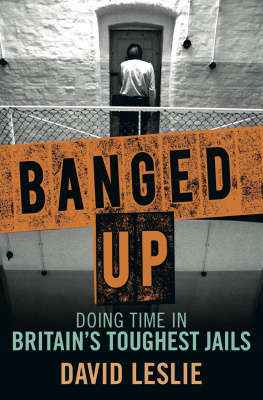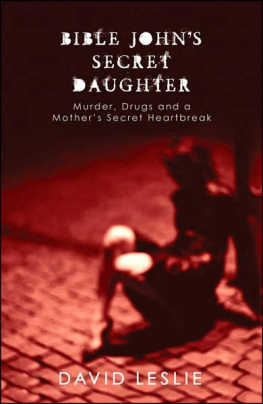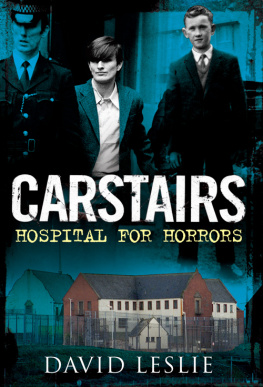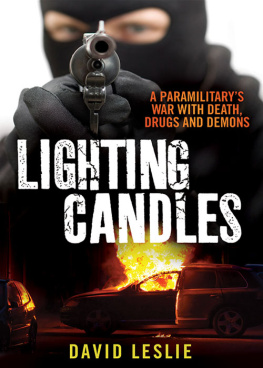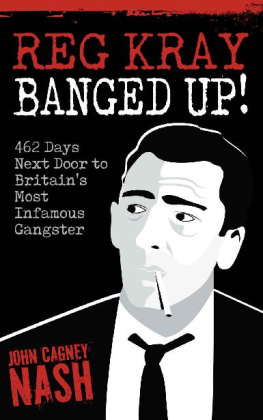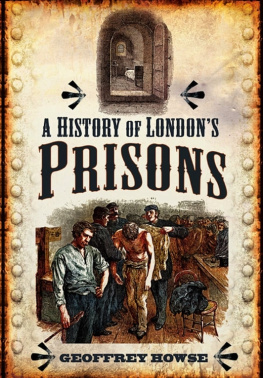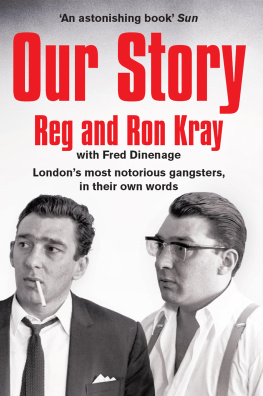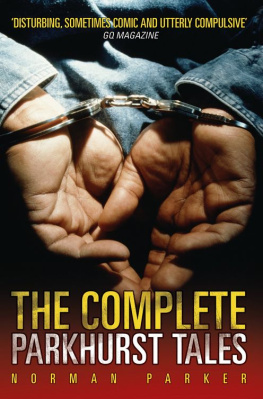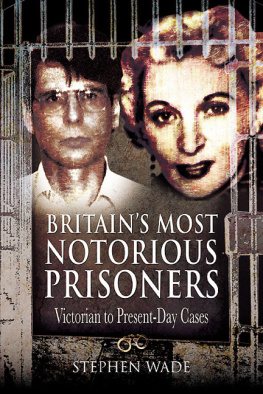David Leslie - Banged Up!. Doing Time in Britains Toughest Jails
Here you can read online David Leslie - Banged Up!. Doing Time in Britains Toughest Jails full text of the book (entire story) in english for free. Download pdf and epub, get meaning, cover and reviews about this ebook. year: 2014, publisher: Perseus Books Group;Black & White Publishing, genre: Detective and thriller. Description of the work, (preface) as well as reviews are available. Best literature library LitArk.com created for fans of good reading and offers a wide selection of genres:
Romance novel
Science fiction
Adventure
Detective
Science
History
Home and family
Prose
Art
Politics
Computer
Non-fiction
Religion
Business
Children
Humor
Choose a favorite category and find really read worthwhile books. Enjoy immersion in the world of imagination, feel the emotions of the characters or learn something new for yourself, make an fascinating discovery.
- Book:Banged Up!. Doing Time in Britains Toughest Jails
- Author:
- Publisher:Perseus Books Group;Black & White Publishing
- Genre:
- Year:2014
- Rating:5 / 5
- Favourites:Add to favourites
- Your mark:
Banged Up!. Doing Time in Britains Toughest Jails: summary, description and annotation
We offer to read an annotation, description, summary or preface (depends on what the author of the book "Banged Up!. Doing Time in Britains Toughest Jails" wrote himself). If you haven't found the necessary information about the book — write in the comments, we will try to find it.
Britains prisons have dealt with a vast range of inmates over the years from infamous criminals to celebrities to the wrongfully convicted. Banged Up now tells the story of six of Britains most notorious jails Durham, Wandsworth, Pentonville, Wormwood Scrubs, Dartmoor and Holloway and of the men and women who entered their gates, sometimes stood on their scaffolds and occasionally vanished before their time.
There are famous faces like Oswald Mosley, Dr Crippen, Ruth Ellis and Frankie Fraser as well as the man who shot Martin Luther King Jr, the wartime double agent contacting Nazi spymasters with a transmitter in his cell, the doctor hanged as he smiled at the farewells of lovers, the con who defied a gangland godfather, aristocrats, arsonists and murderers. They have all been here, and the screws who guard Britains prisons have seen it all.
Banged Up uncovers the real, human, inside story of what really goes on behind...
David Leslie: author's other books
Who wrote Banged Up!. Doing Time in Britains Toughest Jails? Find out the surname, the name of the author of the book and a list of all author's works by series.

